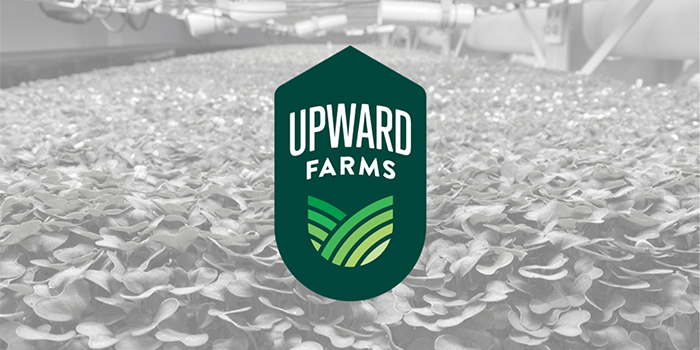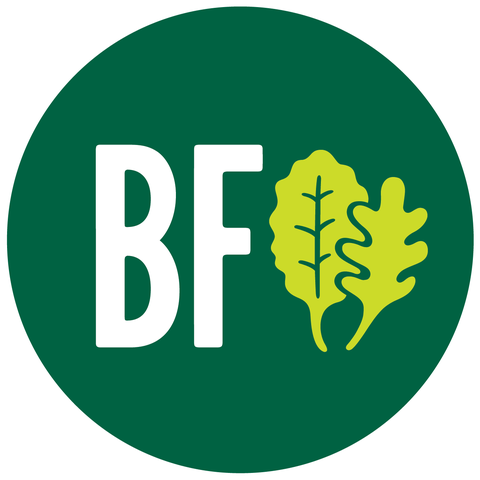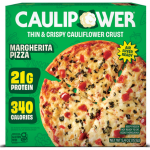Upward Farms Closes “Infinitely Complex” Vertical Farming Operation

On the cusp of opening the “world’s largest” vertical-farming facility, Upward Farms announced last Thursday that it would be ceasing operations, citing on the company’s website that “vertical farming is almost infinitely complex — as we tackled challenges, new ones emerged.”
Reports of layoffs and the closure of Upward’s Brooklyn, New York headquarters started to circulate about two weeks ago, first reported by Crain’s New York. Details remain unclear, but the company reported that more will be shared in the coming months.
“Our team faced these challenges head on, humbly asking ourselves, “If not me, who, and if not now, when?” the company shared on its website. “While Upward Farms is closing its doors, a small portion of our team will continue working to unleash the magic of the microbiome.”
The Brooklyn-based company was founded by Jason Green, Ben Silverman and Matt LaRosa in 2013 with the aim of building a regenerative agriculture business based on understanding the soil microbiome of indoor grow facilities. Upward Farms’ production model used aquaponically grown hybrid striped bass (harvested for meat) to fertilize crops of USDA-certified, vertically grown microgreens.
Originally named Edenworks and then Seed & Roe, the company rebranded to the Upward Farms name by 2020 and had secured distribution Whole Foods Market locations in the New York area.
Yet the hurdles to achieving commercial scale slowed down Upward Farms’ trajectory. In 2021, the company moved its production facility from the Brooklyn neighborhood of East Williamsburg to Greenpoint claiming the new location would “expand production by 20x.” According to Crunchbase, Upward Farms raised $141.7 million, most recently netting $121.7 in Series B round announced in June 2021.
In January, the company announced its plans to build a 250,000 sq. ft. indoor aquaponic vertical farm in Luzerne County, Pennsylvania scheduled to open in early 2023. Initially, it was unclear if the 250,000 sq. ft. facility was operational yet but co-founder and CEO Jason Green confirmed recently that the “under-development” location would not open.
Upward Farms was not available for comment at the time of publication.
Vertical farming has grown as a viable solution to feeding larger populations by using less land and resources while being able to locally situate grow facilities near population centers reducing the impact of freight travel. Yet, a number of smaller brands have been forced to merge, consolidate or sell their operations as they attempt to gain new investment to scale operations and find the sweet spot among consumers in product mix.
Indoor farming company BrightFarms was acquired by Cox Enterprises in August 2021 around the same time that another business 80 Acres netted $160 million in a Series B round to scale its operations.
Newark, New Jersey-based Aerofarms has been steadily increasing its production by building out new facilities in the U.S. while also partnering with Middle Eastern nations to scale vertical farming abroad.
After announcing a series of new products and farming operations, indoor farming startup Square Roots announced in November that it was increasing its own production through a strategic partnership that would bring vertical farms on-site to select UNFI distribution centers. Gotham Greens – another Brooklyn-based indoor farming business – raised $87 million in 2020 and another $310 million last year to build out its production, doubling its footprint from 600,000 sq. ft. to over 1.2 million sq. ft. This year, Gotham Greens extended its partnership with Kroger reaching more than 300 Kroger locations nationwide, and is projecting to be in 1,000 stores overall by the end of 2023.

















